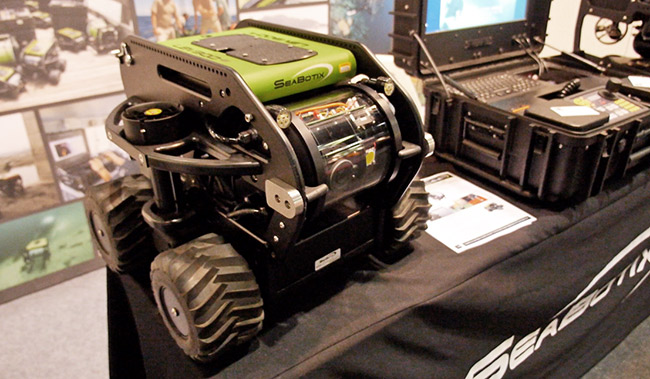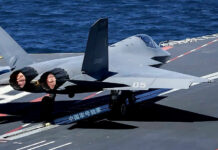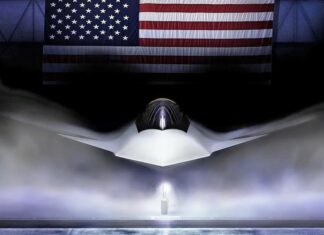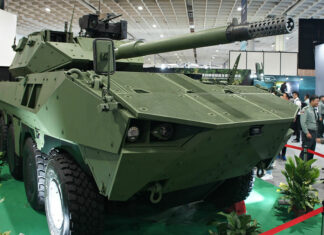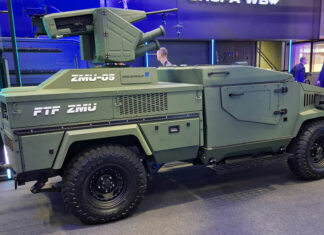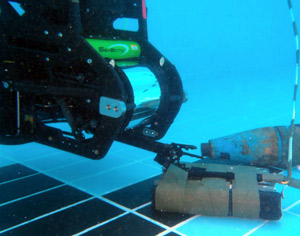
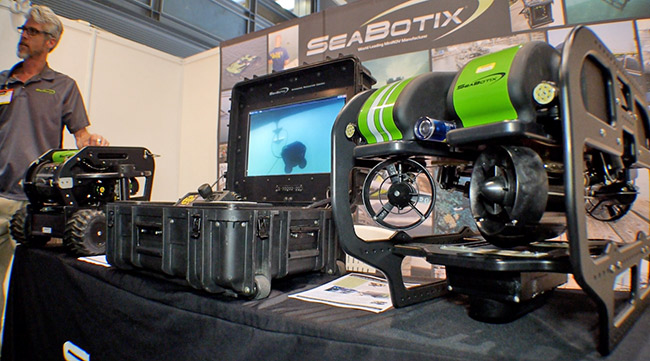
The ISDEF 2013 exhibition opened yesterday in Tel Aviv is the largest, most impressive defense expo taking place in Israel in recent years. Over 100 exhibitors gathered here, with thousands of visitors attracted by many professional seminars and demonstrations of assault means, weapon systems and CBRNE protective measures. In this brief coverage we highlight Unmanned `systems & Robotics. Two additional reports cover other themes including: Land Vehicles and C4ISR and Small Arms.
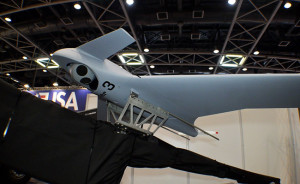
ISDEF provided an insight into several new unmanned vehicles and payloads designed for new missions. Familiar faces were the Orbiter 3 tactical UAV from Aeronautics, making the Israeli debut of the system. The Orbiter was presented here with the S-STAMP multi-sensor EO payload, developed by Controp Precision Systems.
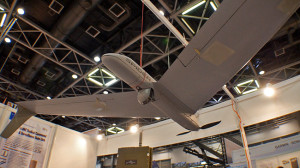
Unmanned systems developed Innocon unveiled the Spider, a 3.5 kg micro-drone designed with a 1.75 meter span upper wing. According to the manufacturer, the Spider combined with one of three gimbaled, stabilized EO payloads, distinguish small detail such as a car license plate number.
Another new payload coming from the Netherlands is the Acoustic Multi-Mission Sensor (AMMS) a patented Acoustic Vector Sensor developed by Microflown-Avisa. At a weigh of 70 grams the sensor can be mounted on the tip of a UAV, detecting gunshots, RPG firing or rocket launches from an altitude of about couple of hundred meters and at tactically effective range. The company is already delivering 3 Acoustic Multi-Mission Sensor systems (AMMS) equipping Dutch military units and is also in the process of adapting the system into vehicular sensors.
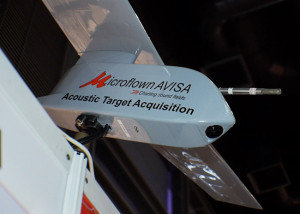
This configuration will provide a low-profile sensor, offering many advantages compared with existing high-profile acoustic sensors. Another development, currently at the early stage with the an Indian research agency, will integrate the AVS into mini UAVs.
In earlier posts we have also covered the AMSTAF robot. Here at ISDEF the robot is displayed geared for CBRNE evacuation mission.
SeaBotix, a MiniROV system developer with a pedigree of underwater expertise displayed here a range of MiniROVs used to scan vessels, protecting from leaech mines and underwater IEDs. The company displayed here the LBC and LBV variants, equipped with multiple thrusters and vortex attraction, enabling the bot to fly at a distance, operating a powerful high resolution sonar, or crawl on the vessel’s hull using the vortex attraction system, when taking closer inspection of the surface. The robot can be controlled via tether from above water or directly assist divers under water. The systems are already operational with the US, Canadian, Swedish and Russian navies.
Stay tuned for more VideoReports from ISDEF in the coming days!
